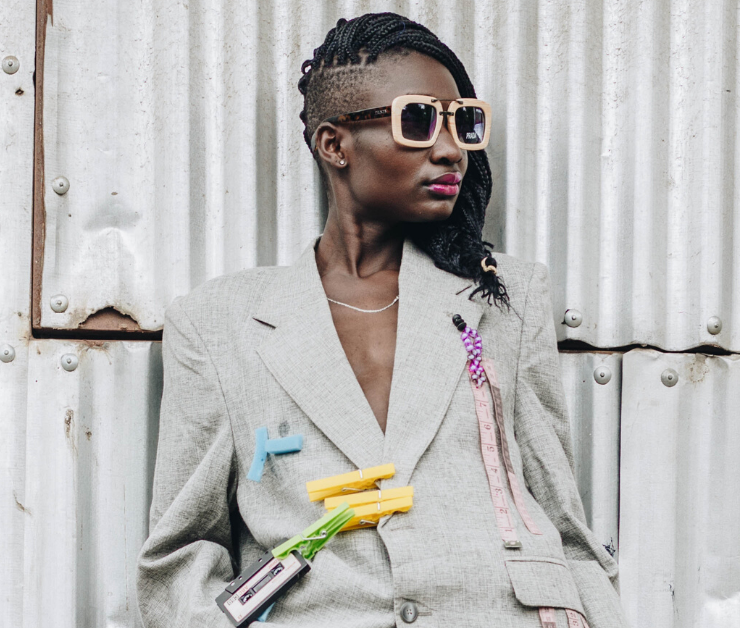Your guide to abolishing oppressive language
- Through the month of July, our Language Series will delve into the history and connotations of our seemingly “everyday language” and how they cause or sustain harm.

To remain mindful of the ways in which our language can other minorities is to consistently interrogate our word choices and actively commit to changing or abolishing them. This happens with sexist language, ableist language, homophobic language, transphobic language, racist language, and in every system of oppression.
Our ability to wield words whether intentionally or unintentionally in a manner that erases or complicates history, attempts to minimize harm or injustices, and recasts the oppressor as the victim, is a wrong we must confront with each passing day.
Toni Morrison says: Oppressive language does more than represent violence; it is violence; does more than represent the limits of knowledge; it limits knowledge.
We must be devoted to examining how our vocabulary can inadvertently cause or sustain harm and oppression, and this devotion, whatever form it takes, must culminate in a resolution to do better.
As a publication by and dedicated to various African minorities, we do not exonerate or absolve ourselves from this possibility. We see the ways in which stories, the words they carry, the angle they take, can further perpetuate oppression and we are very committed to ensuring this is not the case.
We make important editorial decisions about language and framing each day, we learn along the way, and we know that regardless, we remain on the side of the oppressed and our language must reflect this.
We also believe in the ability of people when confronted with their own biases, to learn and evolve, we believe language can change as we have in many ways changed ours in the few months we’ve been here.
And we want to explore this change with you. Through the month of July, we’re running an editorial Language Series, it will focus on some of the different forms of oppressive language and their intersections. We will delve into the history of some of this language, give context to them, and analyze the means in which they can cause pain.
The series spearheaded by our Social Producer, Florence Kakatshozi, and Editorial Assistant, Muhammed Akinyemi will beyond the English language also touch on several indigenous African languages.
Follow us, follow this. To ensure you don’t miss a post, please subscribe to our newsletter here. Like our Facebook page, follow us on Twitter, and on Instagram.
Much of the content for this series will be developed in-house and some of it sourced from our existing network but if you’d like to contribute, inquire, partner, or just drop us a line on this series, please email language@minorityafrica.org.
Editorial.



